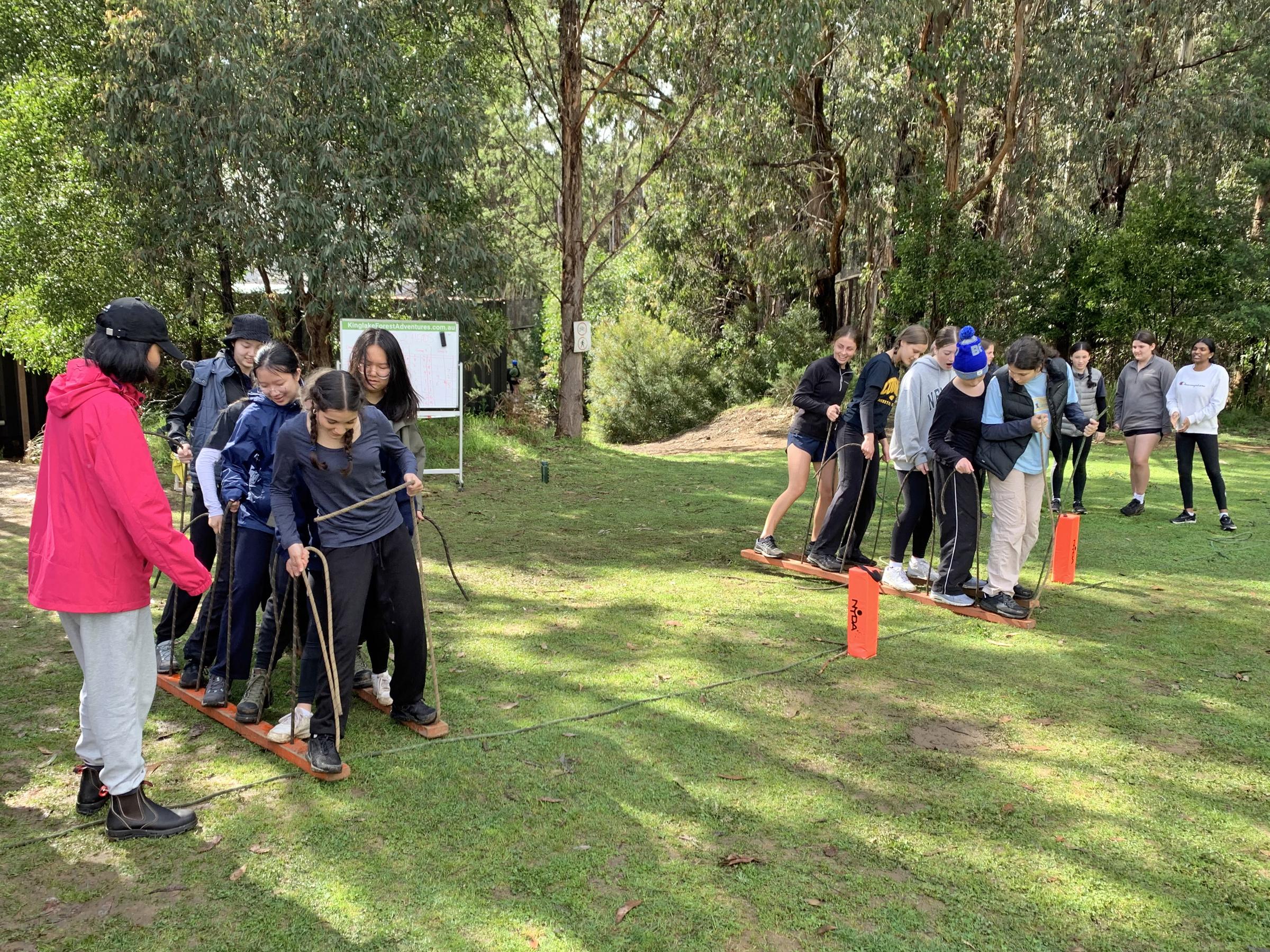Middle Years Update

Nurturing Resilience Through Diverse Connections
Establishing and maintaining meaningful connections is a cornerstone of resilience and wellbeing. From family ties to friendships, community involvement to personal passions, the interplay of these connections forms a safety net that bolsters our sense of self and identity.
The path to a fulfilling life is paved with diverse ‘connection points’: A rich tapestry of relationships including family, friends, peers or colleagues, community groups, mentors and even our own passions. Relying solely on one source of validation can leave us vulnerable to the inevitable shifts and changes of life. To mitigate this risk, fostering multiple connection points means that our diverse needs as individuals can be met in many ways. Not all my friends, for example, are mad keen on Star Wars, but some in my family are. Cultivating a range of relationships fortifies our emotional wellbeing and enhances resilience.
Nurturing family bonds remains an important bedrock of stability. Engaging in shared activities, engaging in open dialogue and cherishing quality time are ways to foster enduring connections that offer unwavering support.
Genuine friendships provide understanding and opportunities to pursue shared passions. While the intensity of these connections is valuable, it is essential to align with those who embody positivity and shared values. Diverse connections elsewhere in life can help us make wise choices even in the face of negative peer influences.
Active participation in community groups and organisations expands our social horizons beyond our immediate circles. The camaraderie built within these groups not only offers relief from daily stresses but also introduces us to new interests and perspectives and maintains these opportunities over time.
A trusted mentor serves as a compass, directing us toward healthier relationships and choices. Research underscores the role mentors play in mitigating negative influences and bolstering our decision-making. A mentor need not be someone appointed but may be a trusted teacher or older relative. The noted child psychologist Steve Biddulph, for example, often extolls the virtue of aunts in the lives of young girls.
And, finally, the strongest connection we can cultivate is the one with ourselves. Embracing self-discovery, setting personal goals and cultivating gratitude in ourselves empowers us to be resilient through a deep knowledge of our capacity to adapt and grow.
The optimal blend of relationships will vary from person to person and shift over time as interests evolve and priorities change. Acknowledging this fluidity and being attuned to our own growth ensures that our connections remain authentic and adaptive.
The digital landscape has introduced a new dimension to connections. While social media offers a sense of belonging, its impact must be balanced against potential drawbacks. An informed approach to online engagement is advised, but that is another article…!
Tristan Hill
Middle Years 7/8 Coordinator

